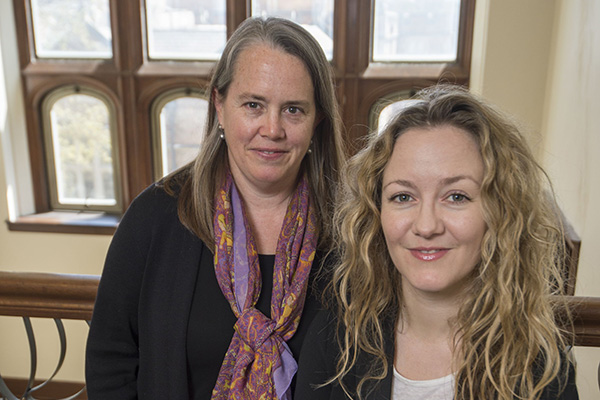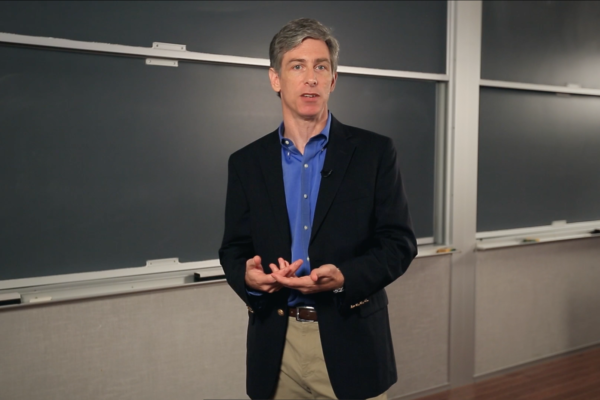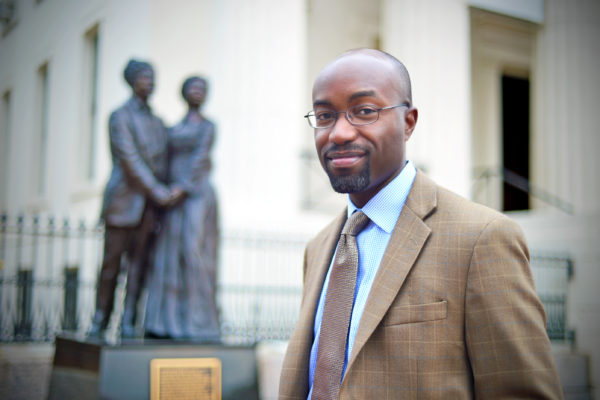Tomb of early classic Maya ruler found in Guatemala
The tomb of a Maya ruler excavated this summer at the Classic Maya city of Waka in northern Guatemala is the oldest royal tomb yet to be discovered at the site, the Ministry of Culture and Sports of Guatemala has announced.
Stahl honored by research society
Philip D. Stahl, the Edward Mallinckrodt Jr. Professor Emeritus of Cell Biology and Physiology and former director of the Division of Biology & Biomedical Sciences at Washington University in St. Louis, has received a Special Achievement Award from the International Society for Extracellular Vesicles.
Join the Campus Diversity Collaborative
Membership is open for the Campus Diversity Collaborative, a staff and faculty group that encourages campus conversation around issues of diversity and inclusion. Complete the online form to receive news and updates from the group.
Wiens, Shore to study seismic activity on Alaskan coast
Douglas Wiens, the Robert S. Brookings Distinguished Professor in Arts & Sciences at Washington University in St. Louis, and Patrick Shore, staff scientist and lecturer in earth and planetary sciences in Arts & Sciences, will collaborate with eight other institutions on a $4.5 million National Science Foundation study of a volatile volcano and earthquake zone on the sea floor off the Alaskan Peninsula.
Washington People: Nancy Reynolds and Anne-Marie McManus
Nancy Y. Reynolds and Anne-Marie McManus, both of Arts & Sciences, discuss the environmental humanities and their new Mellon Sawyer Seminar, “Grounding the Ecocritical.”
Barack Obama is changing what it means to be a former president
Observers long wondered what would become of Barack Obama after he left office. Young and healthy, still pondering social problems, he always seemed an unlikely candidate for the list of distant former presidents. He may well be transforming the post-presidency in ways no less profound than Trump’s efforts to change the presidency.
The remaking of Wall Street
Private equity firms are more financially stable and pose less systemic risk to the global economy than the large investment banks that went defunct during the financial crisis of 2007-2009, finds a new analysis by a financial regulation expert at the School of Law.
Does improving cardiovascular health reduce risk of dementia?
Researchers at the School of Medicine are recruiting volunteers for a national study that is exploring whether strategies to improve cardiovascular health also reduce the risk of dementia in those at risk for Alzheimer’s disease.
Radiation oncology names vice chair
Sasa Mutic, professor of radiation oncology, has been named vice chair of medical physics and clinical strategy at Washington University School of Medicine in St. Louis.
We are all responsible for curing health inequality in St. Louis
A chief aim of “For the Sake of All” was always to describe disparities in health as more than just a matter of health care. In the hundreds of presentations I have given on our report since its release, I emphasize that health is about much more than doctors’ offices, hospitals, health insurance, and prescription drugs. Those resources are vital to treating illness, but health is also strongly determined by the quality of education, the availability of affordable housing, and the possibility of making a living wage.
View More Stories







